How To Get Rid Of Witch Grass For Good
Title: How to Get Rid of Witch Grass for Good
Introduction:
Witch grass, also known as quackgrass, is a pesky weed that can be difficult to get rid of. It is a perennial grass that spreads by rhizomes, which are underground stems that can grow for long distances. Witch grass is also a prolific seed producer, so even if you manage to kill the above-ground growth, the seeds can remain in the soil and germinate the following year.
If you have witch grass in your lawn or garden, you are not alone. It is a common problem in many parts of the world. However, there are a number of ways to get rid of witch grass for good.
Main Content:
There are two main approaches to getting rid of witch grass: mechanical control and chemical control.
Mechanical control:
Mechanical control methods involve physically removing the witch grass from the soil. This can be done by hand-pulling, tilling, or using a sod cutter.
Hand-pulling is the most effective way to remove witch grass, but it can be time-consuming and labor-intensive. To hand-pull witch grass, you will need to dig up the entire plant, including the rhizomes. This can be difficult to do, as the rhizomes are often long and slender.
Tilling is another way to remove witch grass. When you till the soil, you break up the rhizomes and roots of the witch grass, making it more difficult for the plant to re-grow. However, tilling can also spread the witch grass seeds, so it is important to be careful when using this method.
Sod cutters are a more effective way to remove witch grass than tilling. Sod cutters remove a layer of soil and turf, including the witch grass. This is a more efficient way to remove witch grass, but it can also be more disruptive.
Chemical control:
Chemical control methods involve using herbicides to kill the witch grass. There are a number of herbicides that are effective against witch grass, but it is important to choose a herbicide that is labeled for use on lawns and gardens.
When using herbicides, it is important to follow the directions on the label carefully. You should also wear protective clothing, such as gloves, goggles, and long sleeves, when applying herbicides.
Conclusion:
Getting rid of witch grass for good can be a challenge, but it is possible. By using a combination of mechanical and chemical control methods, you can effectively eliminate this pesky weed from your lawn or garden.
Witch grass, also known as quackgrass, is a perennial weed that can be difficult to control. It spreads by rhizomes, which are underground stems that can grow long distances. Witch grass can crowd out desirable plants and reduce crop yields.
If you are concerned about witch grass in your lawn or garden, you can visit Home Gardening for more information about identification, control, and prevention.
Image of witch grass
- Image 1: A close-up of a single witch grass plant, showing the slender, brushy panicle.
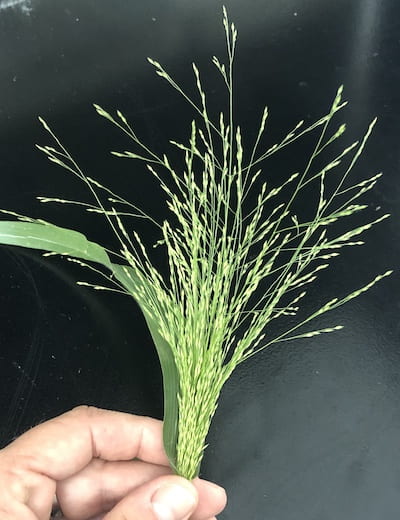
- Image 2: A field of witch grass, with the plants growing in a dense, tangled mass.
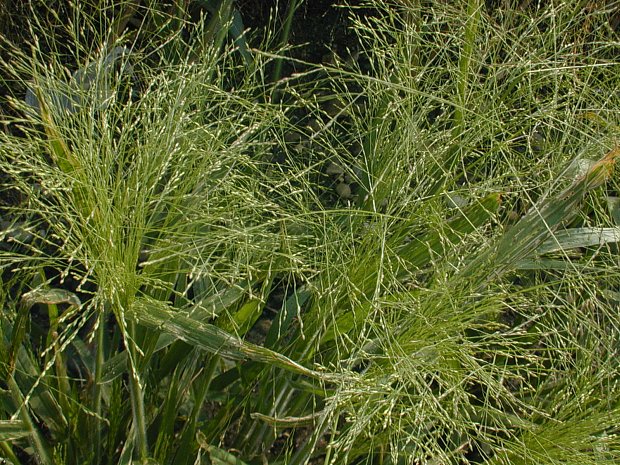
- Image 3: A cluster of witch grass seeds, showing the long, awns that help the seeds to disperse.
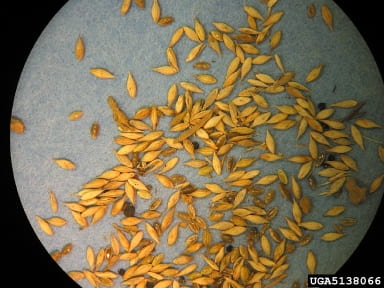
- Image 4: A root of witch grass, showing the deep, fibrous root system that makes it difficult to control.
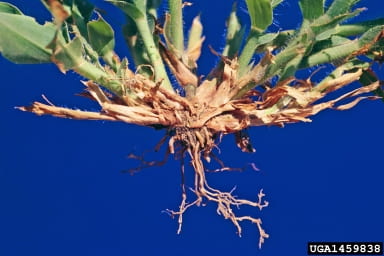
- Image 5: A leaf of witch grass, showing the smooth, lanceolate blade.
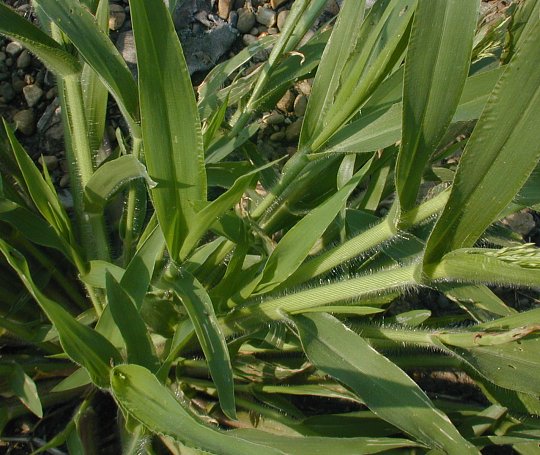
- Image 6: A stem of witch grass, showing the slender, wiry culm.

- Image 7: A flower of witch grass, showing the small, pale green spikelets.

- Image 8: A pollinator visiting a flower of witch grass.
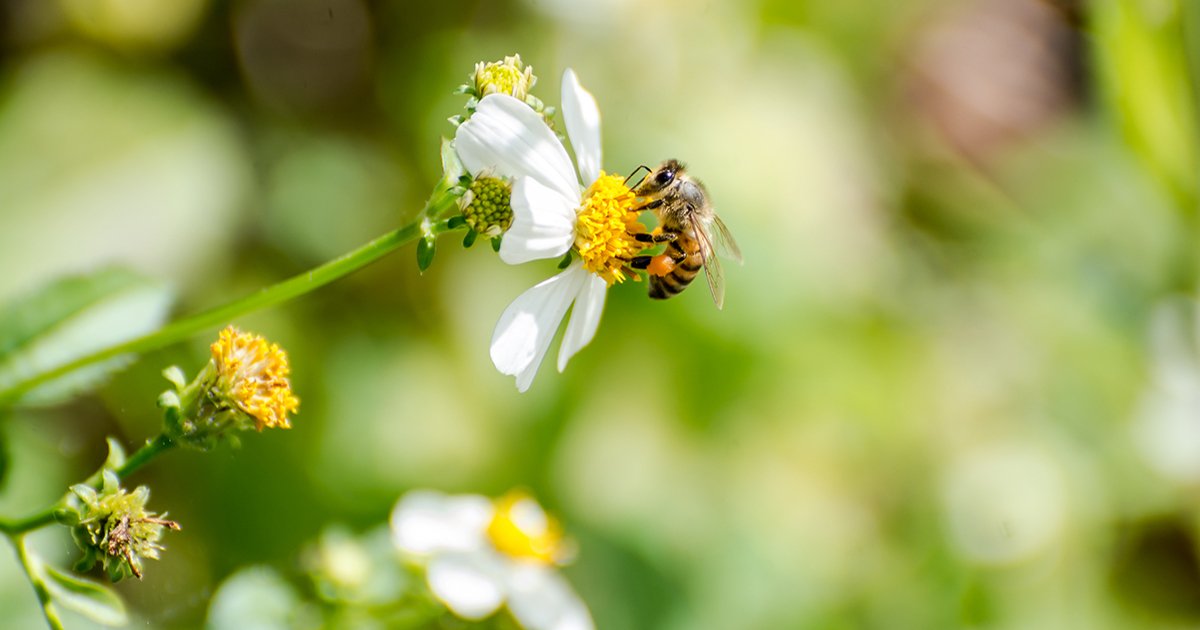
- Image 9: A bird building a nest in witch grass.
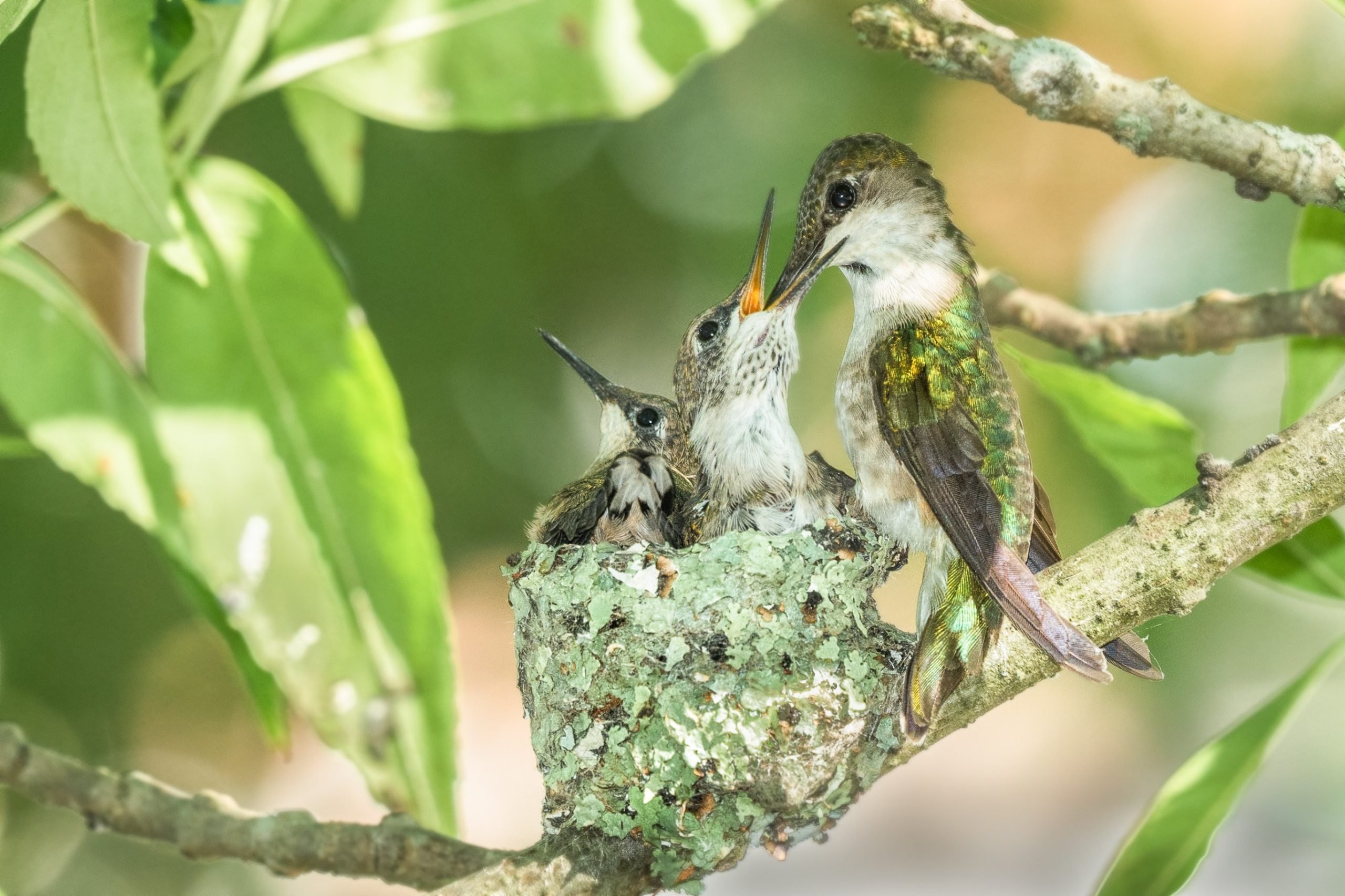
- Image 10: A deer grazing on witch grass.
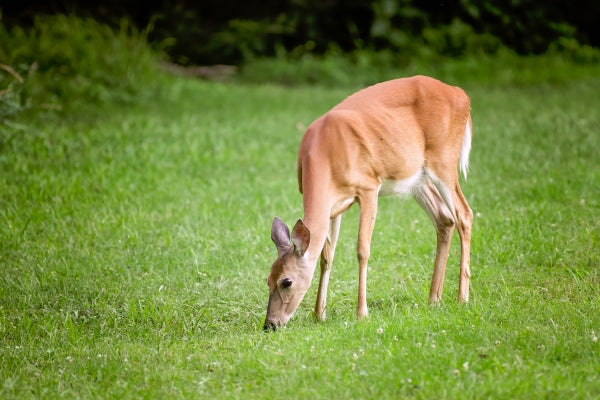
Post a Comment for "How To Get Rid Of Witch Grass For Good"